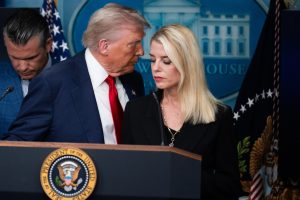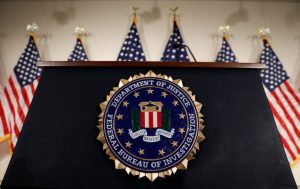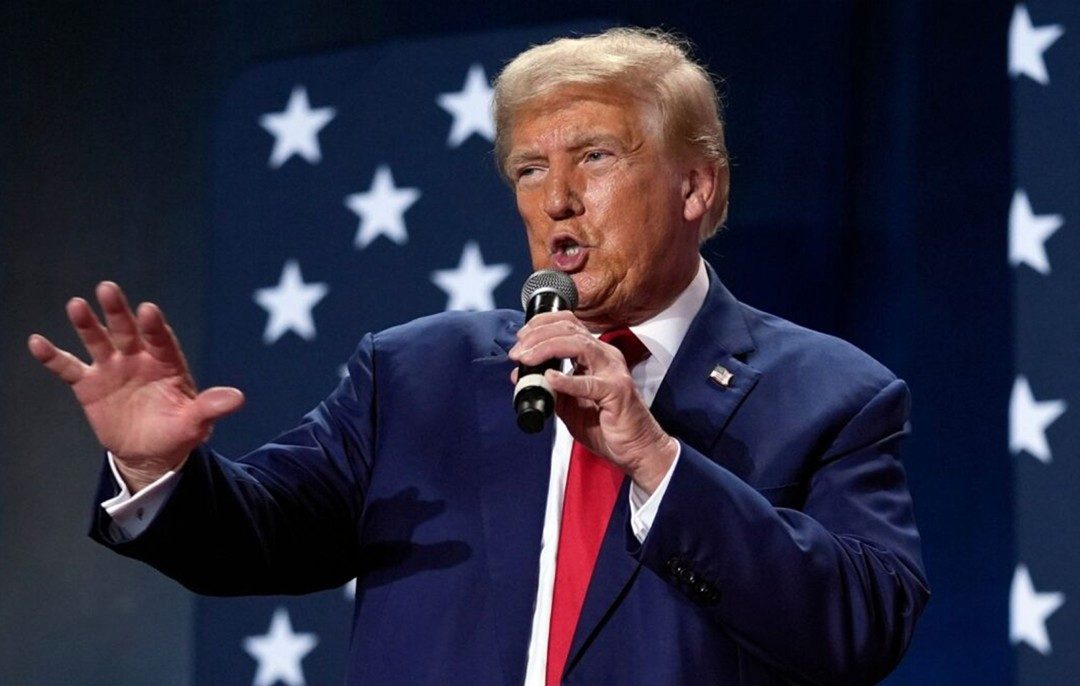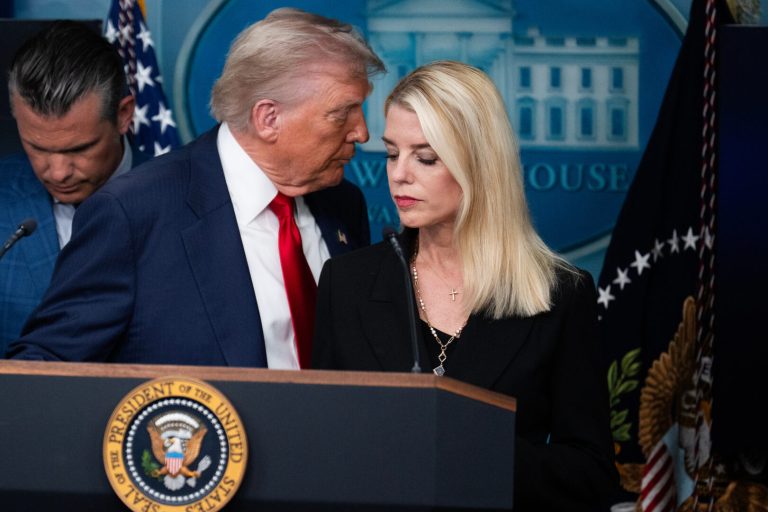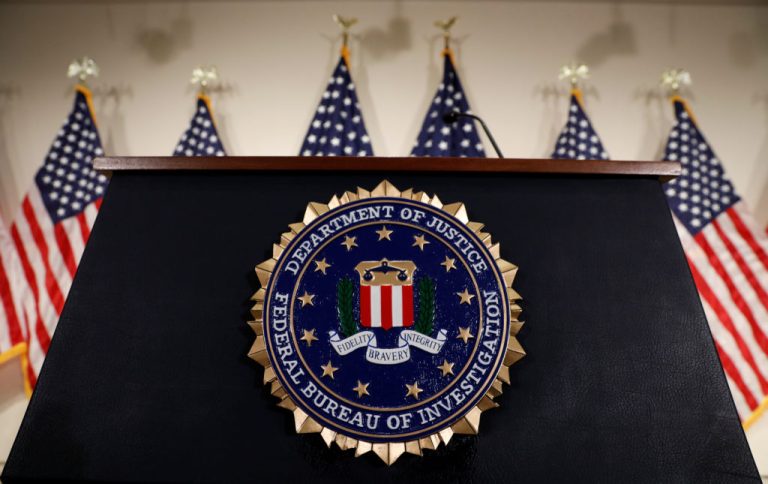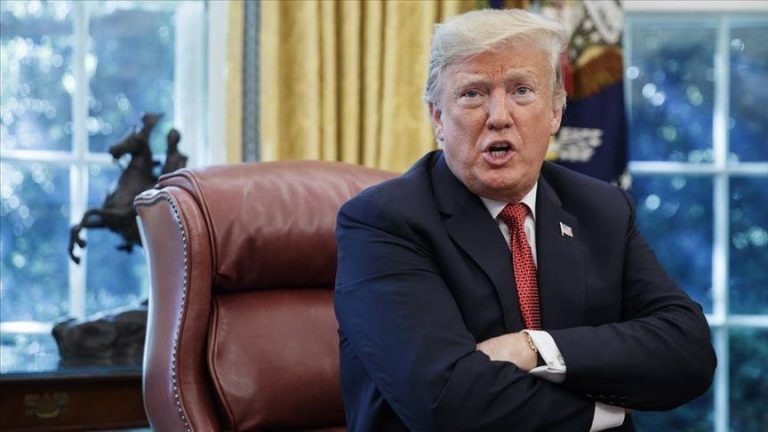Top Hegseth Aide Escorted from Pentagon in Leak Probe, Faces Possible Criminal Charges
A top aide to Defense Secretary Pete Hegseth has been placed on administrative leave and escorted out of the Pentagon amid a widening investigation into unauthorized leaks of national security information, according to a Defense Department official.
Dan Caldwell, a senior advisor known for his non-interventionist foreign policy stance, is under scrutiny for an alleged “unauthorized disclosure” during a leak probe that has rocked the Defense Department. Caldwell previously worked with Defense Priorities and Concerned Veterans for America—both of which advocate reducing America’s military footprint abroad—and has long been aligned with Hegseth’s vision for restrained U.S. foreign policy.
The Pentagon recently launched an aggressive new initiative aimed at uncovering internal leakers following a string of national security disclosures. The Department announced it would begin administering polygraph tests to identify those responsible. The use of lie detector tests, according to Chief of Staff Joe Kasper, will comply with all legal and policy guidelines.
In a memo to senior leadership, Kasper stated that the investigation will culminate in a comprehensive report to Secretary Hegseth, including a full account of unauthorized disclosures and recommendations to prevent future leaks. “Any individual found responsible will be referred for criminal prosecution,” the memo warned.
Caldwell’s name came up after a private Signal chat involving a U.S. strike on Houthi targets was leaked. In the group chat, Hegseth reportedly referred to Caldwell as his main Pentagon contact for the operation. The chat gained public attention after National Security Advisor Mike Waltz mistakenly added The Atlantic editor-in-chief Jeffrey Goldberg to the conversation.
Though this leak is distinct from the recent disclosure involving failed “bunker buster” bomb strikes in Iran, the broader leak scandal has generated intense fallout in Washington. Reports from CNN and The New York Times suggesting the strikes were ineffective have sparked outrage from President Trump, who has blamed congressional staff and ordered fewer military briefings going forward.
At a press conference, Hegseth defended the Iran operation, calling the leaked assessment “preliminary,” “uncoordinated,” and full of “critical assumptions.” He implied the leak was driven by political motives aimed at discrediting what he described as a historic and damaging strike on Iran’s nuclear infrastructure.
Chairman of the Joint Chiefs Gen. Dan Caine confirmed the military had prior warning of an impending Iranian attack and evacuated personnel accordingly. The investigation into internal leaks remains ongoing, and further disciplinary action is expected.


